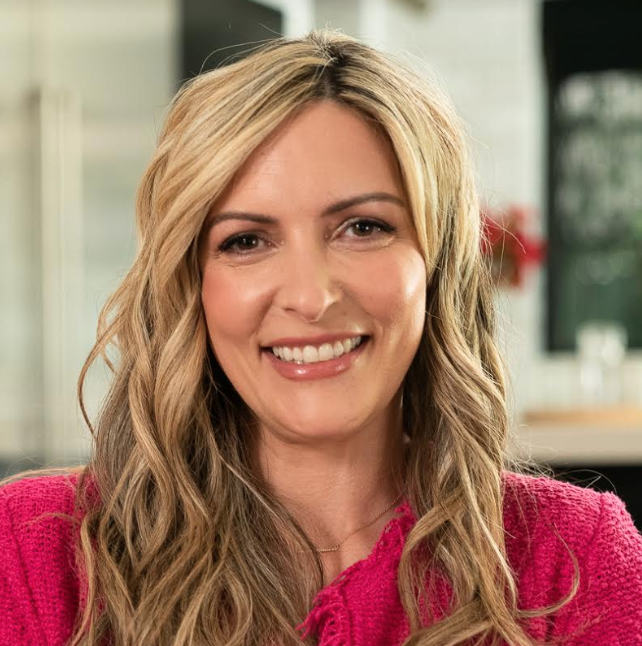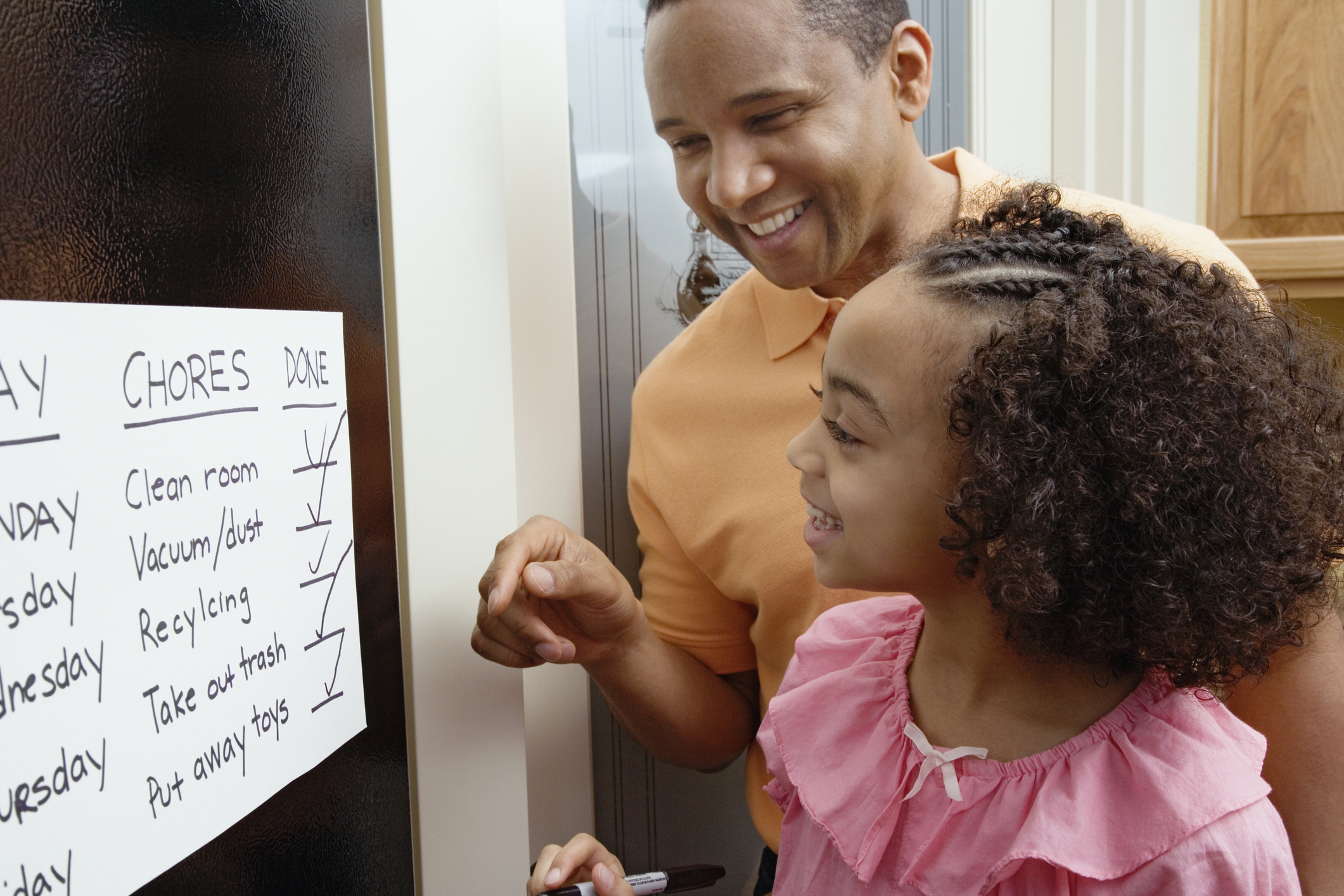The COVID-19 pandemic is shifting the dynamics of work, parenting, and the home. With these changes comes new (or amplified) sources of stress, especially for women, who regardless of whether they work outside the home, bear two-thirds of the work it takes to run a household and a family. That’s where Fair Play comes in — a system created by organizational management expert Eve Rodsky that helps couples rebalance domestic responsibilities so that both people in the relationship can thrive. In this series, Rodsky will draw on her knowledge from creating Fair Play, and offer tips to empower you and your partner to share the load while navigating this new normal together.
It’s a game-changing moment when your children start taking responsibility for some of the challenging tasks at home (what I call the “daily grinds”). It’s the moment where you, the parent, can finally exhale and trust that everything’s going to be alright. Or at least, until tomorrow morning.
The organizational management concept of a “directly responsible individual” is how the most successful organizations function. Every member of the team knows their own roles and responsibilities, and see their job through its completion. If this happens at work, why can’t it happen in the home?
Your children are an integral part of your team. Enlist and empower them to make special contributions to your home organization. Give them a special role and jobs they can confidently fill.
My son, Ben, has his set tasks each week that he knows he’s responsible for. He shares, “Hi! My name is Ben. I’m Eve’s 8-year-old son and my Fair Play cards (i.e. chores) are tidying up, and dishes on Saturdays and Sundays. I also do the morning routine for myself and my baby sister Anna. That means I change her out of her night diaper, get both of us dressed and down to the breakfast table before Mom starts calling for us.”
What works for us may not work for your family, and that’s okay! The first step to figuring out what system works for you is to sit down with your partner and decide on which tasks you want to introduce to your children. Then, here are a couple of ways you can begin that conversation with your kids:
Zero in on the “why”
Talk with your kids about why they are getting involved, and how important and valuable these things are to your family.
Make a game of it
Kids love card games, so download the Fair Play deck and lay them all out on the table. Ask them what cards they think they’d like to play for your family? Hand over some cards to your kids. Or better yet, let them choose a few from the deck. They’re more likely to play if they think it was their idea. Explain what it means to “own” the cards in their hand and then check in at the end of the day. How’d it go? Remember: start with the positives and then shift to how they could improve and be more efficient.
By modeling for your children what it looks like to be involved at home, you’re teaching them how to be engaged, responsible, and grateful humans in their home and in the wider world.
Up next: Burn Guilt and Shame. Still think you should be doing more, or worry that you aren’t doing enough? How to zero in on what’s most important for your family and let the rest GO!


